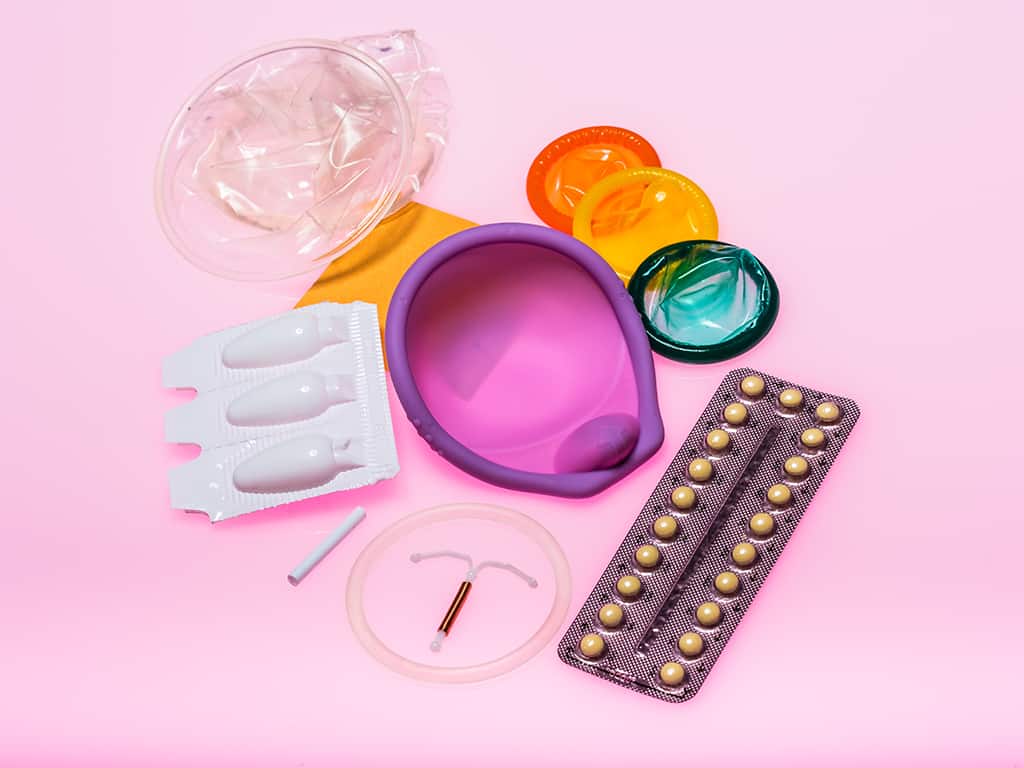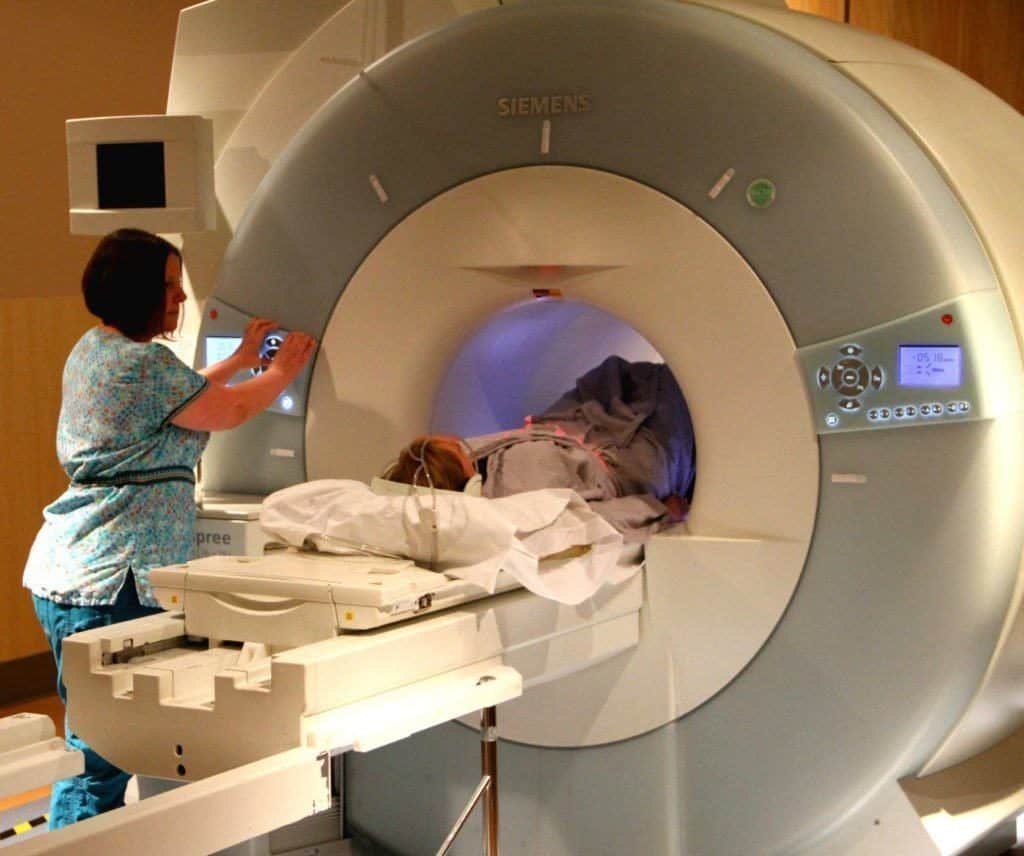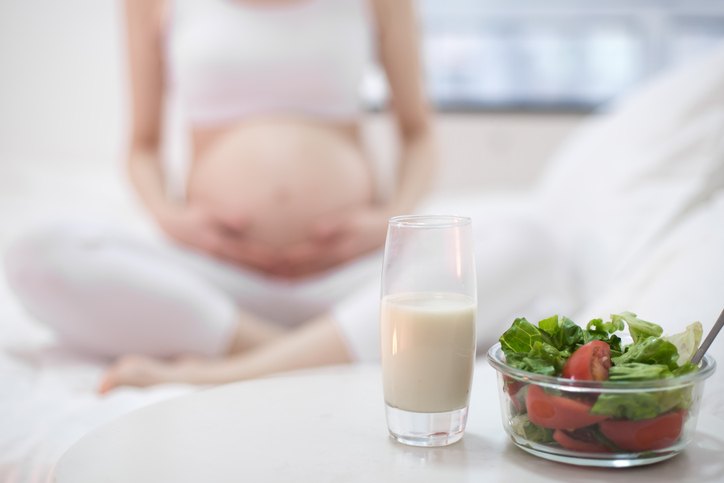Contents:
- Medical Video: I Want Kids But My Husband Is Twice My Age | EXTREME LOVE
- Factors that are difficult to conceive even though the couple is fertile
- 1. Obesity
- 2. Diseases of the reproductive organs
- 3. Often or not having sex
- 4. Never postpone pregnancy
- Is it true that eating bean sprouts and drinking honey can increase fertility?
- So, what does the doctor recommend?
Medical Video: I Want Kids But My Husband Is Twice My Age | EXTREME LOVE
Having children after marriage is certainly the dream of all couples (couples). But the opportunity to have a baby immediately after marriage is not always experienced by all couples. There are those who can get pregnant soon but there are also those that take years to finally experience pregnancy. As a result, many are guessing and fooled by the myth of fertility which is not necessarily the truth. Approximately, what are the difficult causes of pregnancy and what is the right solution? Here's the full explanation.
Factors that are difficult to conceive even though the couple is fertile
Pregnant couples can be caused by various factors. 30 percent of the causes come from men, 30 percent from women, 30 percent from both, and 10 percent from unknown causes. Various factors that make it difficult to conceive include:
1. Obesity
As many as 30 percent of cases of infertility (infertility) are caused by obesity, both on husband and wife. Indirectly, this can be caused by a poor diet.
Take for example, couples who often consume sweet foods or drinks will certainly be susceptible to obesity so that it can make their fertility levels decline.
So, what kind of diet can increase fertility? The answer is that there is no specific diet.
Rather than focusing on one to two types of food that are consumed in excess, the most important thing is to control food intake so that the ideal body weight is maintained. Come on, check your weight category through a BMI calculator or at bit.ly/indeksmassatubuh.
2. Diseases of the reproductive organs
Male infertility can only be seen in WHO standard laboratories and this includes the shape, movement, and number of sperm. On the other hand, about 60 percent of the difficult causes of pregnancy in women are due to blockages in the fallopian tubes, which are channels that connect the ovaries to the uterus. Another cause is a disruption in the reproductive organs, such as the egg cells appear not mature or small, PCOS, endometriosis, and others.
PCOS causes hormones in women to become unbalanced, making the menstrual cycle messy. This irregular menstrual cycle makes the menstrual cycle infertile because it is not accompanied by ovulation. If ovulation does not occur, fertilization of the ovum and sperm will not occur, so the pregnancy does not occur.
While endometriosis is a disease when tissue grows abnormally outside the uterus. During menstruation, the tissue will bleed and cause inflammation so that it causes pain and bleeding.
About 80 percent of cases of infertility are caused by endometriosis. For example, if endometriosis occurs in the fallopian tubes, the sperm will find it difficult to reach and fertilize the ovum cells so that the fertilization process becomes difficult.
This is because endometriosis can cause adhesions and change the location of the uterine organs and release toxic substances for the egg and embryo.
Although endometriosis can increase the risk of difficult pregnancy, this is not necessarily the case in all cases. Therefore, a further examination is still needed by the doctor to confirm the diagnosis.
3. Often or not having sex
Too rarely have sex, making opportunities for conception also smaller. If you are planning to have a baby, you should do intimate relationships 2 to 3 times a week.
The new couples are said to find it difficult to get pregnant if they have been married for at least one year and have sex regularly, which is 2 to 3 times a week, but never get pregnant.
Some say that sexual intercourse every day can speed up pregnancy. Wait a minute, this isn't entirely true. Because back again, there is already a separate criterion that shows the frequency of ideal sexual relations.
For example, couples who live far apart - either because of work demands or other reasons - automatically make sexual relations irregular. That is, this condition does not meet the criteria. So it is not surprising if couples are difficult to have a baby.
4. Never postpone pregnancy
The difficult cause of pregnancy can be affected by a history of delaying pregnancy. However, this depends on the use of contraception used.
When using type contraception barrier (inhibitors) such as condoms or spirals, it really won't make it difficult to get pregnant. But if you use long-term hormonal contraception, especially injections, this will greatly affect your menstrual cycle and have the opportunity to make it difficult for women to get pregnant.
Is it true that eating bean sprouts and drinking honey can increase fertility?
Many assumptions that develop in the community that there are certain foods or drinks that can increase fertility, for example bean sprouts, honey, and milk specifically for pregnant programs. Apparently, this is just a myth.
In one case, a husband who had never had a fertility test was immediately asked to eat bean sprouts as often as possible to improve the condition of his sperm. In fact, sperm abnormalities have several groups, both in terms of number, shape, movement, or even no sperm at all.
Now, each case has its own handling. So it can't all be categorized immediately can be treated by eating bean sprouts, honey, or other fertilizers.
For women, honey is not a miracle drug. If the cause of pregnancy is difficult for women is a factor in the fallopian tube, of course this can not be overcome by drinking honey alone. Whereas in the case of PCOS, consuming sweet foods can actually worsen the PCOS problem. Instead of healing, it worsens the disease and eventually becomes difficult to get pregnant.
Meanwhile, milk specifically for pregnant programs is actually not needed. Because, this will only include unnecessary nutrients and calories into a woman's body. As a result, women are at risk of obesity and make it more difficult to get pregnant.
Milk for pregnant programs does not make a woman get pregnant faster, but only prepares women to get pregnant. The use of milk for pregnant programs is not a must. WHO recommendations are enough to consume folic acid vitamins 400 mcg per day since 3 months before becoming pregnant.
So, what does the doctor recommend?
Before deciding on the type of fertility treatment or pregnancy program that is carried out, it is necessary to ascertain what causes difficult pregnancy. Because, it is difficult to get pregnant is not a disease, but a condition caused by disease. Well, this disease is what you need to find out first.
First, first make sure the fertility level of husband and wife. Fertility testing in men is done through sperm examination which can only be done in a laboratory that has WHO standards.
While the women will pass several examinations, namely examination of anatomical abnormalities (form of uterine organs) with transvaginal ultrasound, examination of functional abnormalities with serial ultrasound, and other examinations.
The recommended pregnancy program based on difficult causes of pregnancy is as follows:
- Pregnant program naturally: can be done for newly married couples, experiencing mild reproductive organ disorders, or mild sperm abnormalities. This program can also be done if there is a disruption of the menstrual cycle (irregular menstrual cycle).
- Insemination: if caused by a male sperm condition that is not optimal or ovulation abnormalities.
- IVF program: if it is caused by a female fallopian tube clogged, zero sperm, etc.
Therefore, the pregnancy program you will take is based on the causes and conditions of each. So, you cannot exercise to control your weight if you find that the problem lies in the condition of your husband's sperm. Likewise, if the problem is in the fallopian tube, then this cannot be solved by drinking honey.
So, immediately consult a doctor to get the best treatment and pregnancy program that suits your condition.













